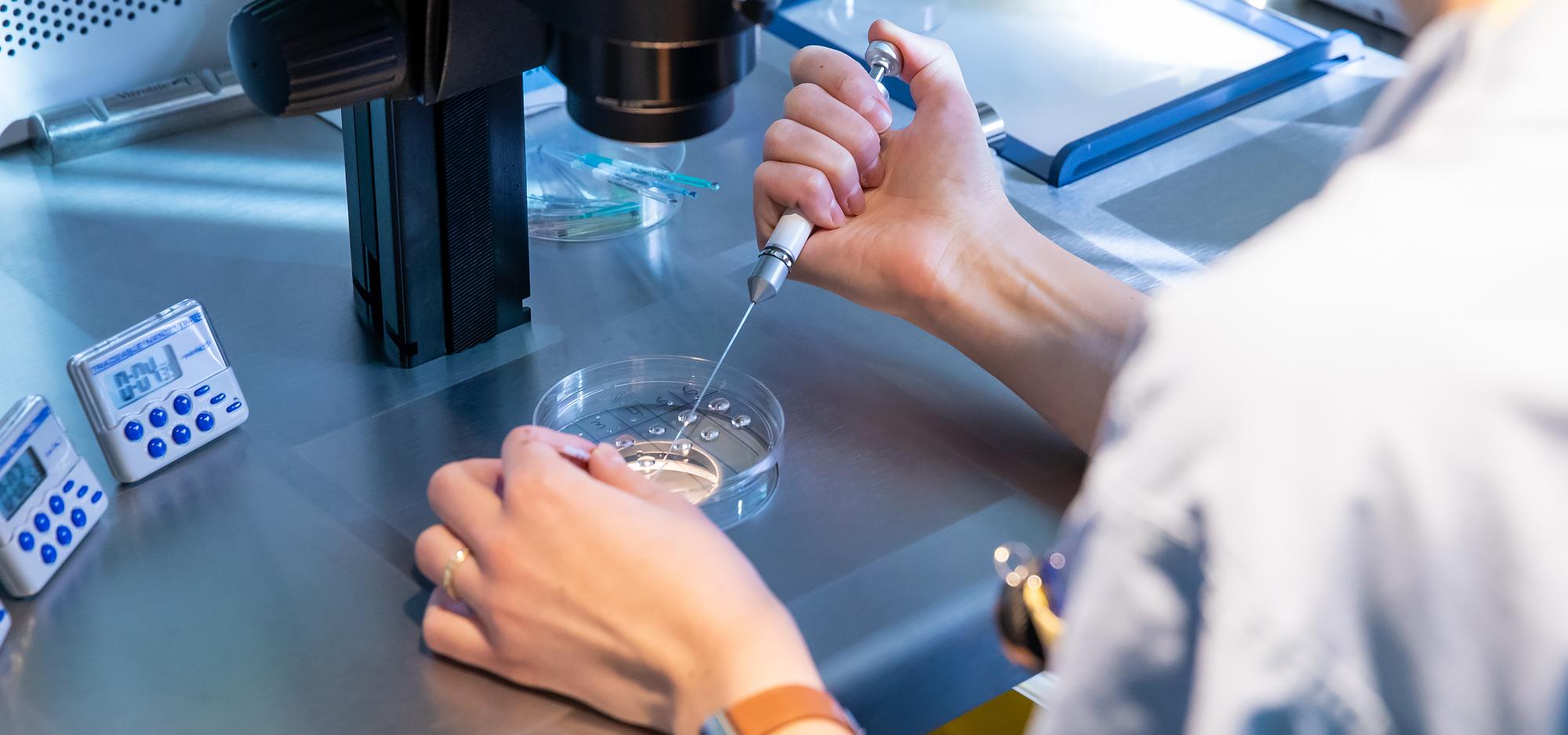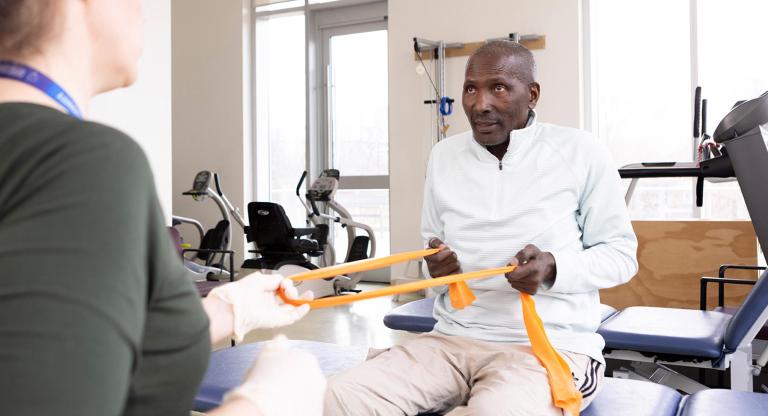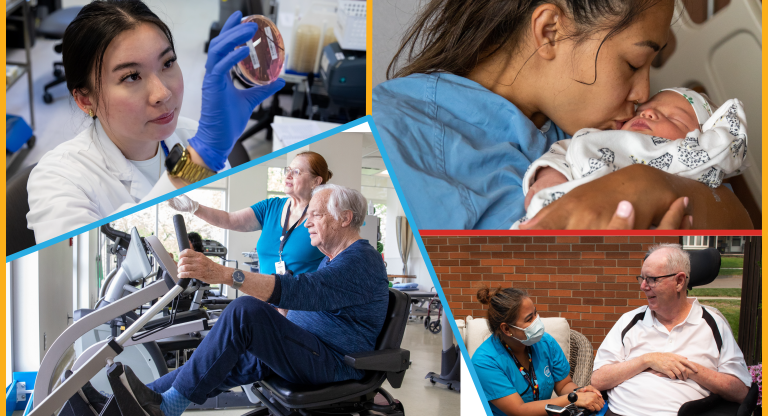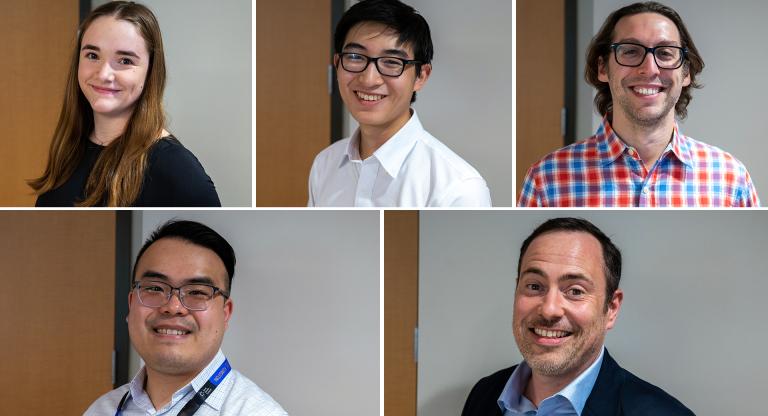Study shows potential for AI to transform fertility treatments

The path to parenthood is unique for everyone.
For the roughly one in six Canadians who face infertility, treatments like Assisted Reproduction Technologies (ART) offer hope. These methods involve collecting eggs, fertilizing them with sperm, and later placing the resulting embryos into the uterus. One of the greatest challenges in ART despite reproductive advancement since its introduction over forty years ago, is implantation failure.
Mount Sinai Fertility (MSF), part of Sinai Health, offers a wide range of fertility treatments, built on a foundation of the latest science. The specialists at MSF, recognized nationally for their field-leading research in fertility science, provide compassionate care to support patients in their quest to start a family.
Dr. Ellen Greenblatt, a member of the medical team at MSF, led a recent study using artificial intelligence (AI) to examine the inner lining of the uterus, known as the endometrium. Endometrial receptivity is crucial during embryo transfer for successful implantation. Traditionally, doctors have used microscopes to assess the endometrium; this study utilized an AI software to analyze samples from both healthy individuals and those with infertility issues.
The study showcased the effectiveness of Deep Learning, a type of AI, in analyzing endometrial samples and predicting pregnancy outcomes for Frozen Embryo Transfers. It suggests that this technology could revolutionize how biologic samples are assessed under a microscope (the endometrial histology of patients). If validated, this AI-based tool might help health-care providers decide when to proceed with a frozen embryo transfer in a treatment cycle.
“Artificial Intelligence has the potential to transform the assessment of endometrial histology, offering precision, speed and efficiency,” said Dr. Greenblatt. “Not only could it enhance our diagnostic accuracy but also empower health-care providers to make more informed decisions, ultimately improving upon patient care and outcomes.”
With AI’s predictions, physicians could choose to do embryo transfers until a live birth is achieved, if the chances of pregnancy are high. Conversely, they might delay transfers and adjust preparations for a better chance of pregnancy, or suggest gestational carriers, depending on pregnancy outcomes.
In the realm of fertility treatments, advancements like AI offer a beacon of hope for those navigating the complexities of starting a family. Mount Sinai Fertility stands at the forefront of this innovative approach, driven by a commitment to personalized care and groundbreaking research.
For more information about assisted reproduction and the treatment options available, visit the Mount Sinai Fertility website












